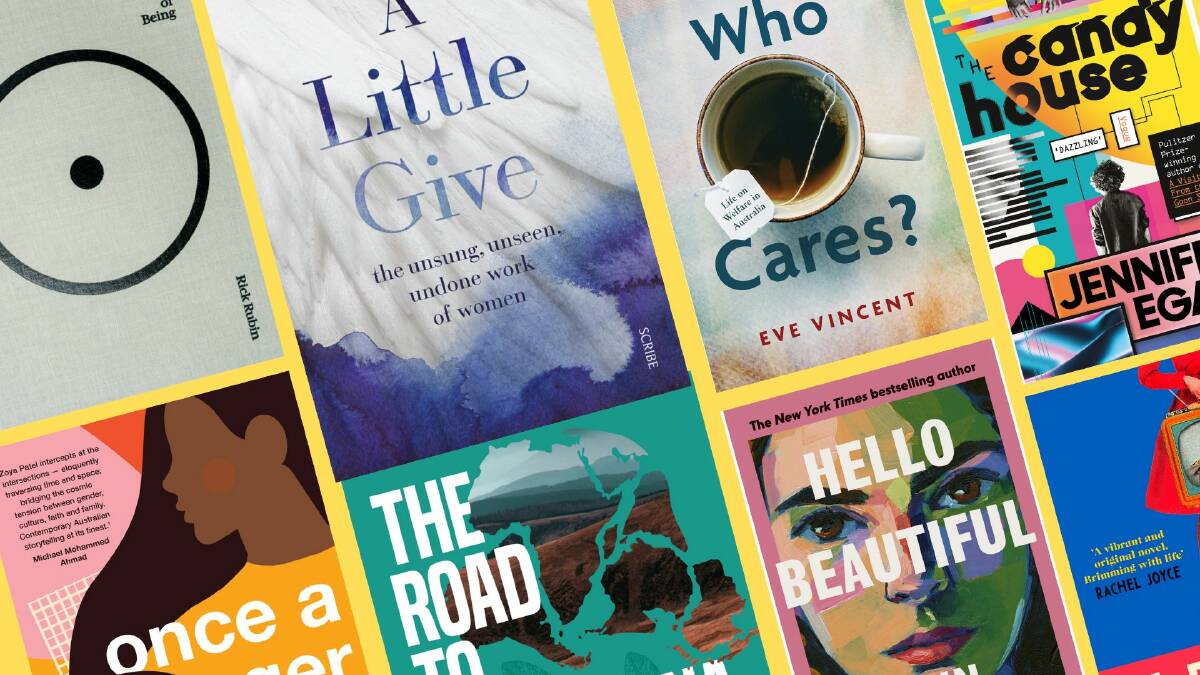
When did Australia become so uncaring? And, related, when will we properly value domestic labour? Two separate books zero in on these confounding characteristics of modern life. Meanwhile, Rick Rubin reckons we should all open our minds more to living creatively, and Jennifer Egan talks about the future - in fiction, that is. It's a loaded and eclectic shelf this week here on the books pages.
Subscribe now for unlimited access.
or signup to continue reading
And I welcome your thoughts and feedback on what we've been reading. You can reach me by email at sally.pryor@canberratimes.com.au.
When characters' lives continue beyond the page
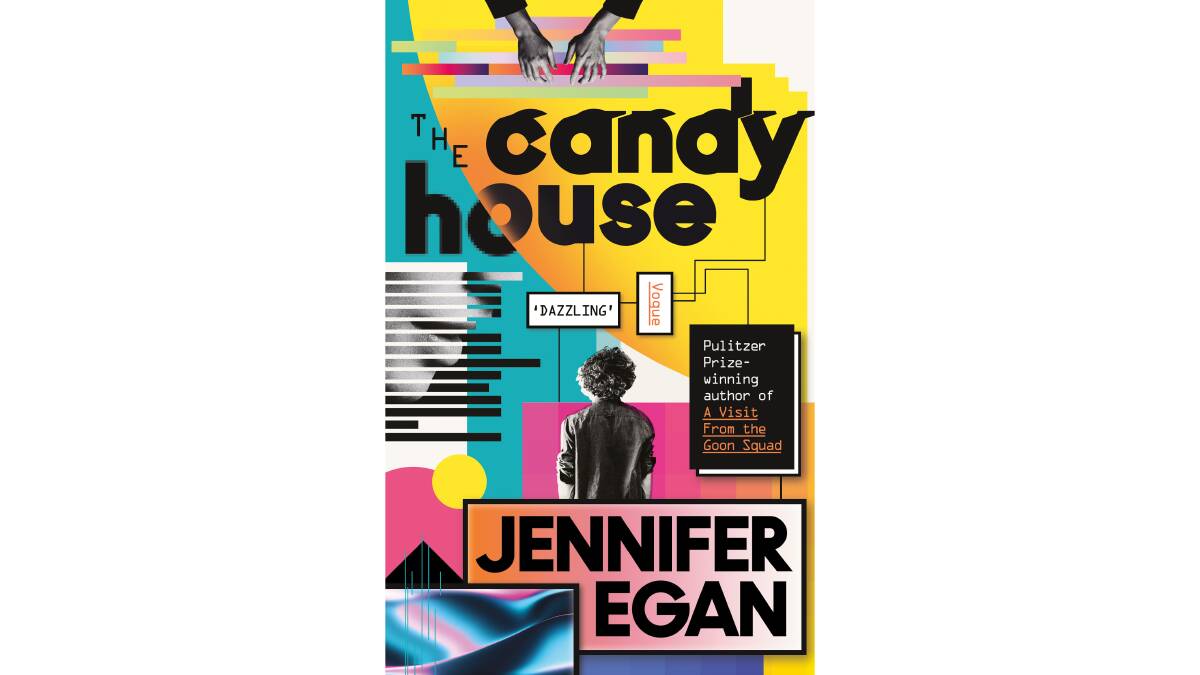
American author Jennifer Egan isn't particularly enamoured of "futuristic" writing per se, but she has had to project her characters into an imagined future, often to suit the narrative.
In an interview to mark the paperback release of her 2021 novel The Candy House, she talks about revisiting the characters of her award-winning 2011 novel A Visit From The Goon Squad, and imagining where they have ended up, for The Candy House.
"With The Candy House once again I was confronted with, if I want to follow people who were children in 2010 I don't have any choice about going into the future," she says.
"Unlike books invested in presenting a vision of the future, I'm basically just doing what suits me best narratively. I just want to write fun stories about people who feel alive."
This will, obviously, compel you to seek out Goon Squad if you haven't already, or settle in for a re-read. No bad thing!
A calm and beautiful novel about family and time
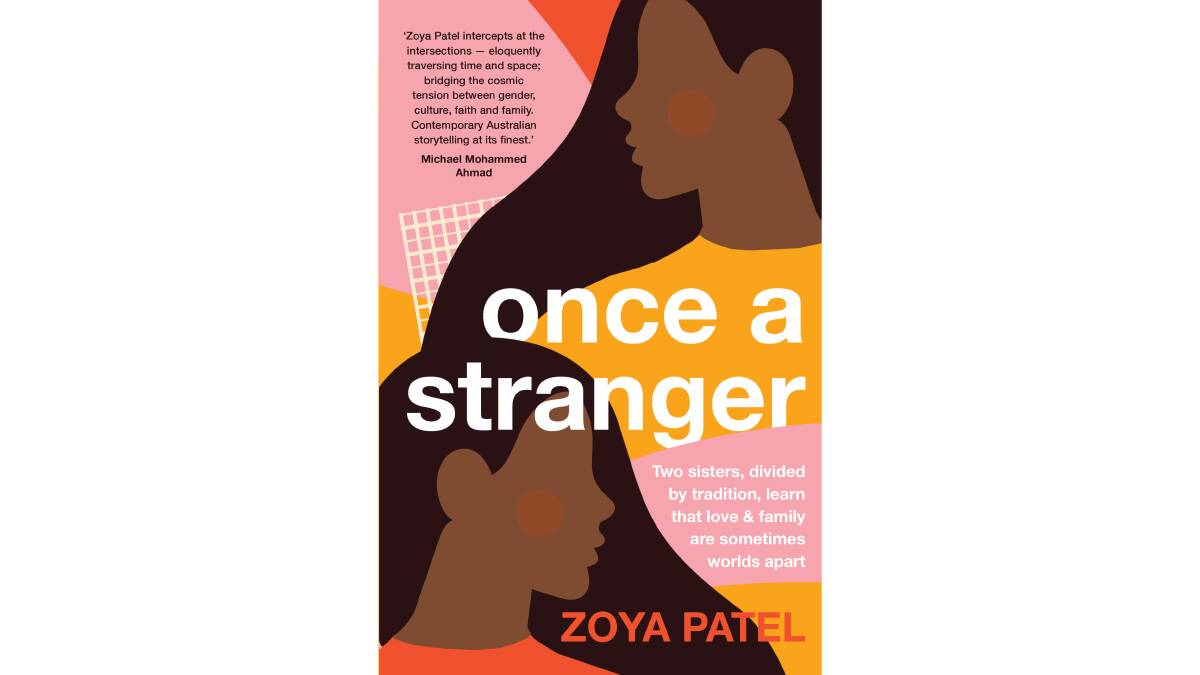
Speaking to us earlier this month, Canberra writer Zoya Patel said writing her debut novel, Once A Stranger, was torturous, dealing as it does with issues of family, relationships, and overlapping cultures.
But this doesn't come across in the finished product, which reviewer Hanne Melgaard Watkins describes as "a calm, beautiful, occasionally sad but ultimately redemptive story of family, love, lost time, and the bonds that keep us together".
"The novel follows the story of the three women's attempted reconciliation," she writes.
"It provides an even-handed and thoughtful perspective on their relationships, and their conflicting approaches to being Indian immigrants to Australia."
Art, life? It's in the universe, man
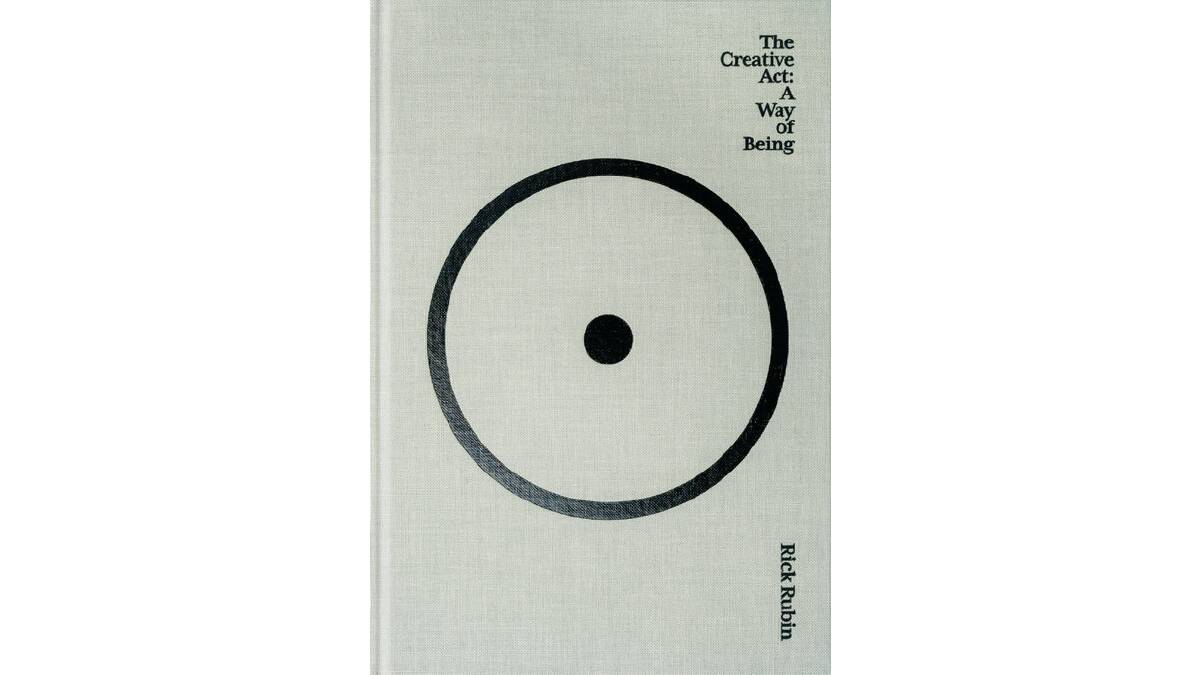
You'd think a multiple-Grammy winner would have something to tell us about creativity, and in the case of legendary music producer Rick Rubin, you'd be right.
His latest tome, The Creative Act: A Way Of Being, is a treatise on how to tune into the universe in order to become a creative person.
Reviewer Nigel Featherstone - the author of several novels and thus equally qualified to muse upon creativity - isn't entirely convinced by this approach, especially since Rubin does not let us into the processes of the many creative giants he has worked with, Johnny Cash, Adele and Kanye West among them.
"Ultimately, The Creative Act is a rather one-dimensional exploration of creativity and how and why it happens, which is odd considering the spiritual dimension of the master producer's approach," he writes.
Charting a beguiling and vivid geological path
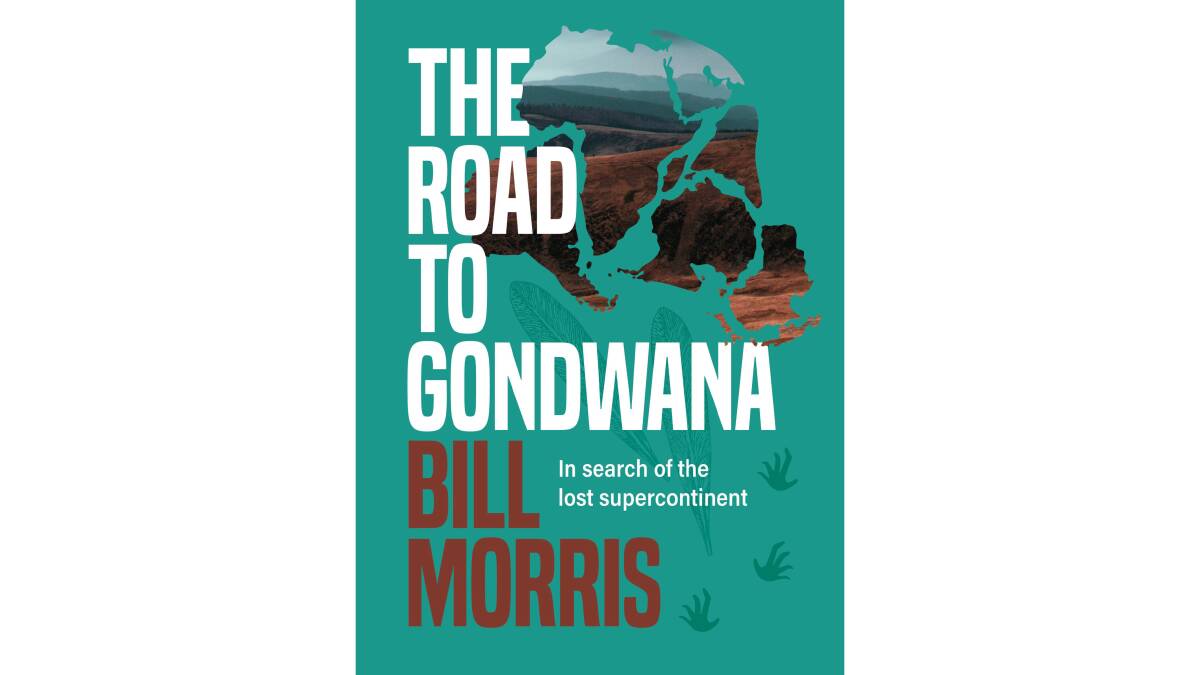
There's something so satisfying about stumbling across a work of natural history that makes us realise how at one we are - or can be - with the cosmos, and how time and space have overlapped to bring us to where we are today.
That's a complicated way of pointing to The Road to Gondwana, by Bill Morris, a work that elegantly brings to life the "semi-mythical and yet completely real place" that used to take up one-eighth of the planet.
Reviewed Mark Thomas is rightly enchanted:
"The hero of this ambling, rambling narrative is every whorl and spike, corrugation and hinge of Glossopteris, a tongue fern sometimes unearthed deep in coal mines," he writes.
"Morris is convinced that 'plants and the fossils they leave (are) our beast tour guide to deep time'."
Denying the importance of care
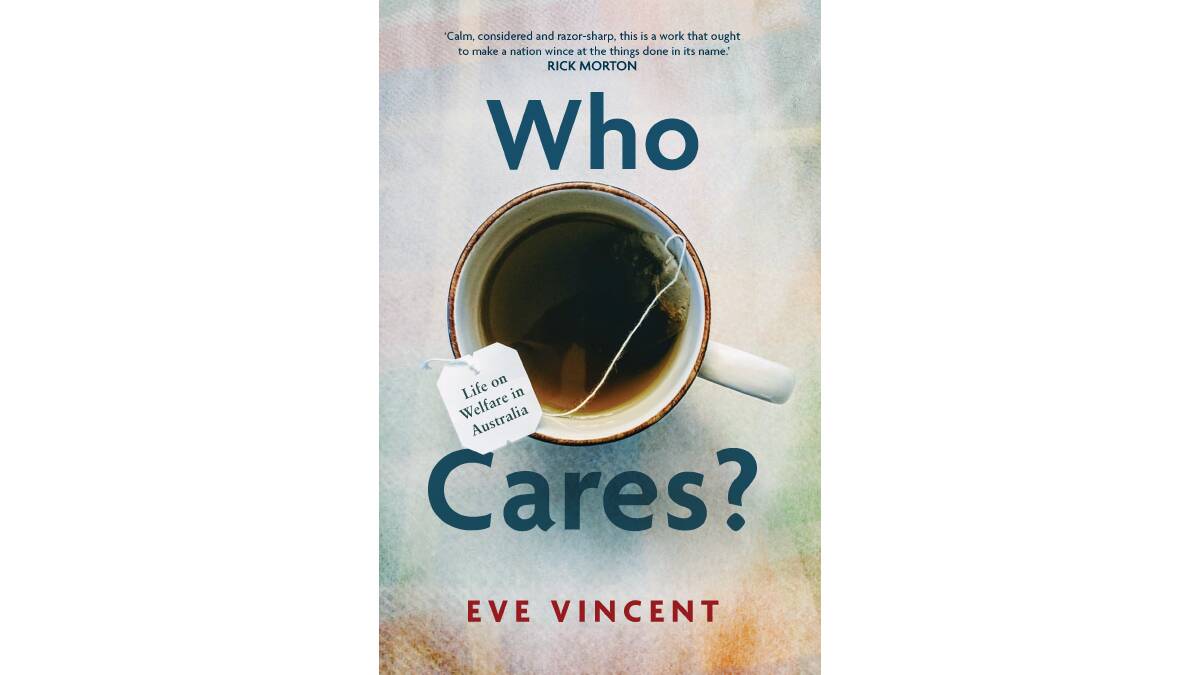
Australia is, ostensibly, a welfare state, one that has long stood for the promise to look after its citizens. And yet, Eve Vincent's excoriating Who Cares? demonstrates how the vital and inevitable domestic and caring work continues to be undermined.
It's a book that reviewer Suzannah Marshall Macbeth says is surprisingly easy to read, despite its weighty subject matter.
"Multiple stories, woven with analysis, sit side by side in Who Cares? in a manner that sometimes seems disconnected," she writes.
"But the reality is that life does not always conform to a coherent narrative. The primacy of the voices of Vincent's interviewees, combined with her self-reflexive concern about not putting her interviewees into boxes to fit an established narrative, is necessarily reflected in her style."
Domestic labour, or making the invisible visible
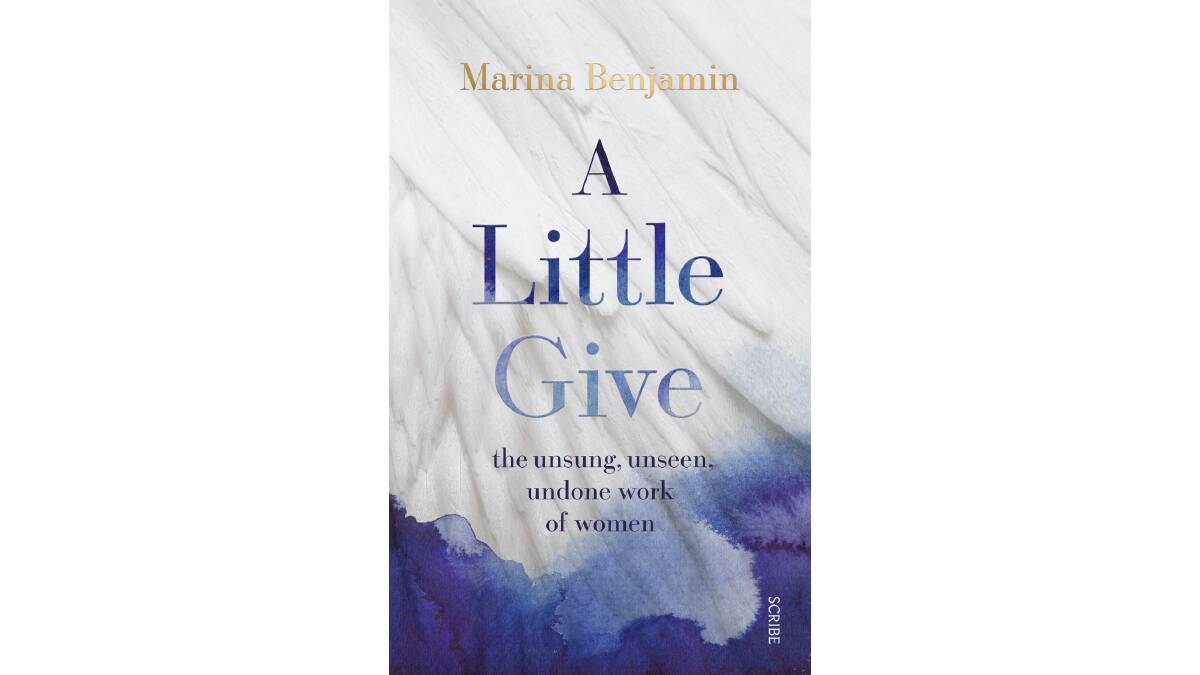
Cleaning; pleasing; feeding; caring; safeguarding; lapsing; launching - the themes of Marina Benjamin's new collection of essays, A Little Give - the final instalment in her mid-life memoir trilogy, may come across as exhausting, but they draw our attention to how little our society still values domestic labour.
Her words are thought-provoking, writes reviewer Amy Walters:
"Submitting to her widowed mother's implicit demands for companionship, Benjamin finds herself curtailing her own inner life and emotions around this new role, erasing the evidence of her labours in the process," she writes.
Oprah on 100th book club pick
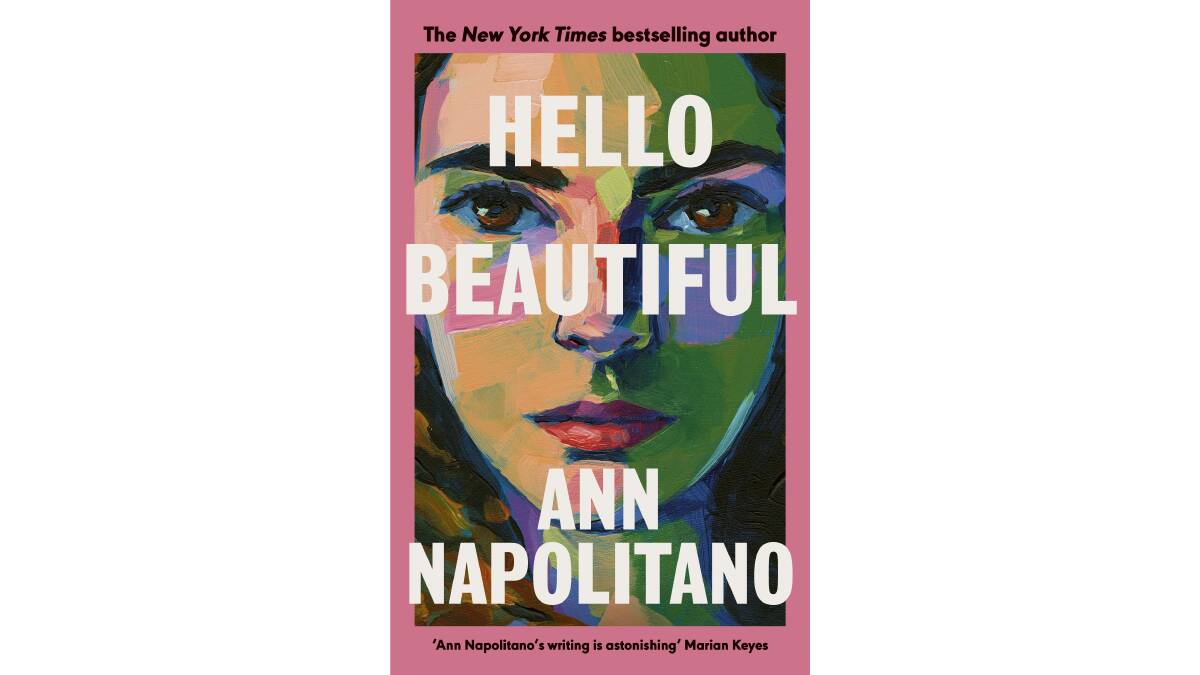
Ah, the book club to end all book clubs. And which writer, apart from Jonathan Franzen of course, doesn't secretly long to snag the attention of Oprah Winfrey?
Her ability to transform even a long-forgotten (or overlooked) classic into a bestseller overnight simply by talking about it is legendary.
In this interview marking her 100th Book Club pick, Ann Napolitano's Hello Beautiful, Winfrey talks about the club's evolution, and how it's now one of several bearing the celebrity imprimatur, but still the original.
One surprise is that, unlike more traditional book clubs, the kind of which readers the world over are casual members, hers is less structured than you'd expect.
"The club follows no real formula," the article reveals.
"For the first few years, Winfrey averaged a selection nearly every month, a pace she came to find exhausting. She paused the club for much of 2002-2003, focused on older works in 2004-2005, and in other years only selected one or two titles. After her talk show ended in 2011, she launched Oprah's Book Club 2.0 the following year, with the emphasis on digital media. She is currently aiming for a new book every eight weeks, with author interviews and interactive reader discussions showcased on OprahDaily.com."
Looking for more reads and recommendations? Browse our books write-ups and reviews. Bookmark the page so you can find our latest books content with ease!















